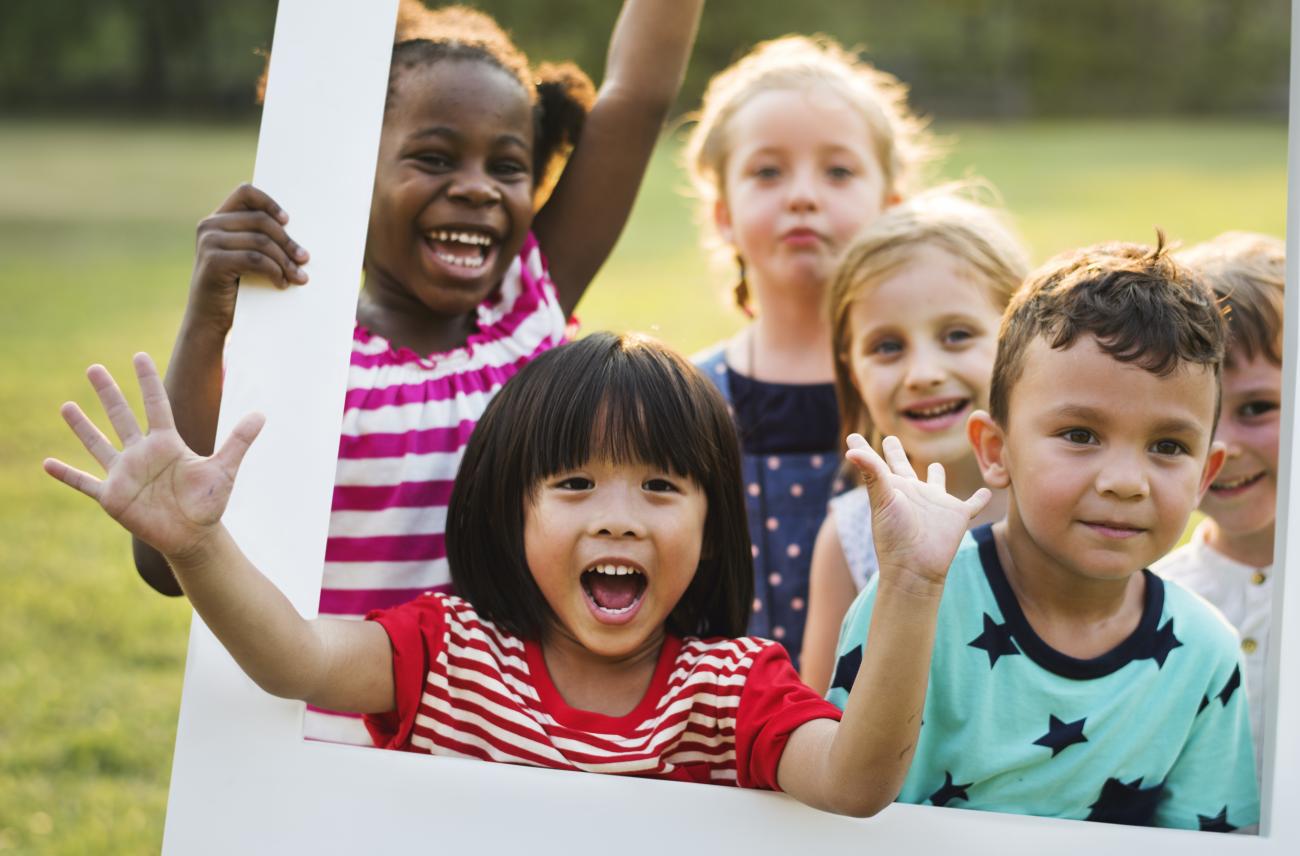Projects
The CARE Project aims to gain a better understanding of the thoughts and feelings behind girls' and boys' behaviors with own- and other-gender peers, including the attitudes, emotions, expectations, and self-perceptions they bring to their peer interactions. We are interested in discovering how these factors affect children's social (e.g., friendships) and academic achievement outcomes in the school context. This research initiative encompasses a few different projects described below. Most recently, we have expanded our research to investigate similar processes in preadolescent, adolescent, and college-aged adult samples.
The CARE Project: The Attitudes Study
This study, completed in 2009, served as an initial pilot study to test measures designed to investigate girls' and boys' attitudes and expectations related to interacting with one another. Findings from this study, which can be found in the publication listed below, indicated that girls and boys hold more positive attitudes about their own gender groups, but that they expressed little negativity towards either gender group. Furthermore, children's attitudes about own- and other-gender peers were related to a range of positive (e.g., enjoying themselves, being accepted) and negative (e.g., feeling embarrassed, being teased) expectations about interacting with own- and other-gender peers in various school contexts. These findings point to gender-related feelings and expectations that could be targeted for interventions to improve children's interactions with same- and other-gender peers at school.
Zosuls, K.M., Martin, C.L., Ruble, D.N., Miller, C.F., Gaertner, B.M., Hill, A.P, & England, D.E. (in press). "It's not that we hate you": Understanding children's gender attitudes and expectancies about peer relationships. British Journal of Developmental Psychology.
Other findings from The Attitudes study indicated that children hold stereotyped expectations of their peers' social behaviors in school contexts, such that they expect boys to be independent and self-promoting (e.g., "Look what I did!") and girl to be help-seeking and self-effacing (e.g., "Do you think I did an OK job?).
Fabes, R. A., Hayford, S., Pahlke, E., Santos, C., Zosuls, K., Martin, C. L., & Hanish, L. D. (2011). Peer influences on gender differences in educational aspiration and attainment. In J. Eccles & I Schoon (Eds.), Gender Differences in Aspirations and Attainment. Cambridge: Cambridge University Press.
The CARE Project: Longitudinal Attitudes Study
This 2-year-long study involving 600 students, their parents, and teachers was completed in the spring of 2012. This relatively large scale study has thus far served as the centerpiece of the CARE Project and we are in the process of preparing our findings for dissemination to the public. The goals of this study were to investigate 1) how girls' and boys' attitudes, expectations, and choices related to interacting with one another change across elementary school, and 2) how these attitudes, expectations, and interpersonal choices are related to children's school liking, motivation, and achievement. One of our more central concepts in this research has been "Gender-Based Relationship Efficacy," which refers to children's self-perceptions of their competence in relating to (interacting with, understanding) own- versus other-gender peers. This construct is innovative in the field of children's social competence and peer relationships as it highlights the idea that rather than being a fixed personal trait, social competence varies according to the gender of children's social interaction partners. We look forward to sharing our many exciting findings on this and other concepts in the near future!
The CARE Project: Early Adolescent Study
Early adolescence brings with it new social, personal, and academic challenges and pressures that can change the nature of how children think about, feel about, and interact with their classmates. In this study, involving approximately 300 6th graders, their parents, and teachers, we are interested in learning more about how early adolescents navigate these peer relationships and societal pressures, and how these dynamics affect their emotional, social, and academic adjustment. We are currently recruiting and administering questionnaires to participants for this study.
The CARE Project: College Study
Our previous research has identified that children's self-perceptions related to their social interactions with own- and other-gender peers are predictive of a range of gender-related social-cognitive outcomes, including the formation of same- and other-gender friendships. This study extends this line of research to explore similar ideas in a young adult population. In particular, we are interested in exploring how various facets of college students' gender identities, gender-related attitudes, and self-perceptions of social competence, and investigating the social and emotional implications of these attributes, including the formation and quality of romantic relationships and friendships with own- and other-gender peers, self-esteem, and body image. We are currently recruiting and administering surveys to participants for this study.
